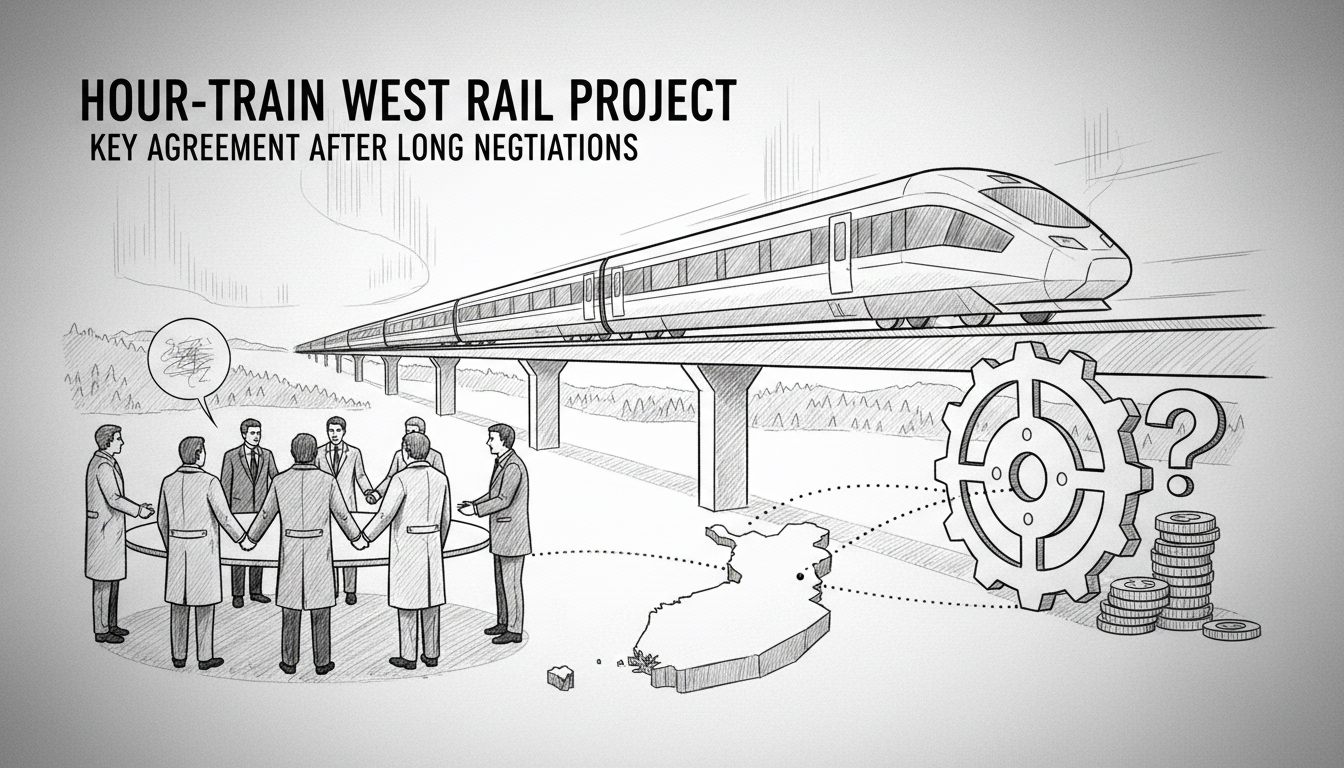Finland's government and six municipalities have finally reached agreement on the West Rail Line partnership. The deal covers the planned hour-train connection between Turku and Helsinki.
Transport Minister Lulu Ranne confirmed the breakthrough after months of negotiations. "The ball is now rolling properly," Ranne stated in a press conference.
Technical details still need finalizing before the agreement becomes public on November 6. The municipalities involved include Espoo, Turku, Salo, Lohja, Vihti and Kirkkonummi.
Despite the agreement, Ranne acknowledged significant financial risks remain. "Those risks will be minimized through this agreement," she noted.
The minister emphasized that next year will focus on planning. Municipal councils must then approve the deal in November and December meetings.
What happens if some councils reject the agreement? The entire partnership would need renegotiation.
Local politics could complicate approval. The West Rail project has caused tension in Salo's council. Espoo's ruling parties also contain project opponents.
Withdrawal by major cities like Espoo or Turku could end the project entirely. These cities contribute substantially more funding than smaller municipalities.
Turku will pay 130 million euros for the first phase. Kirkkonummi contributes 15 million euros.
Funding distribution was actually agreed in September. Both state and municipalities will pay 400 million euros each for the initial phase.
The project company can also borrow 500 million euros. Organizers hope to secure additional EU funding.
Construction will proceed in two phases. The current government term will launch work between Salo and Turku's Kupittaa, plus Espoo and Lohja connections.
The direct route between Salo and Lohja awaits decision by the next government. This second phase costs municipalities 300 million euros.
Timing remains tight because construction requires environmental permits and tendering processes. Building can only begin after all municipal councils approve the deal.
According to transport officials, construction on initial sections might start by late 2027 at the earliest.
The lengthy negotiations and political resistance highlight the challenges of major infrastructure projects in Finland's consensus-driven system.

